We’ve all been there—you go to bed early, get a full 8 hours of sleep, and still wake up feeling utterly drained. It’s frustrating, especially when you’ve followed all the “sleep hygiene” rules. But the truth is, the reasons behind waking up tired can be far more complex than simply not getting enough rest. If you’re curious about why you still feel exhausted despite the recommended 8 hours, here are 13 surprising reasons you might want to consider.
1. You’re Not Getting Enough Deep Sleep

It’s not just about the number of hours you spend in bed—it’s about the quality of those hours. Deep sleep, also known as slow-wave sleep, is essential for feeling rested and rejuvenated. If your sleep cycle is disrupted, even if you sleep for a full 8 hours, you may not get enough deep sleep. Things like stress, alcohol, or even certain medications can prevent you from reaching the deep stages of sleep. According to Penn Medicine, factors such as air pollution and noise can also reduce sleep efficiency.
To improve your deep sleep, consider tracking your sleep cycle with a wearable device or app. You may find that your sleep patterns are fragmented or that you’re not spending enough time in the restorative stages of sleep. Focusing on ways to enhance the quality of your sleep, like limiting screen time before bed or practicing relaxation techniques, may help you wake up feeling more refreshed.
2. Sleep Apnea Could Be the Culprit
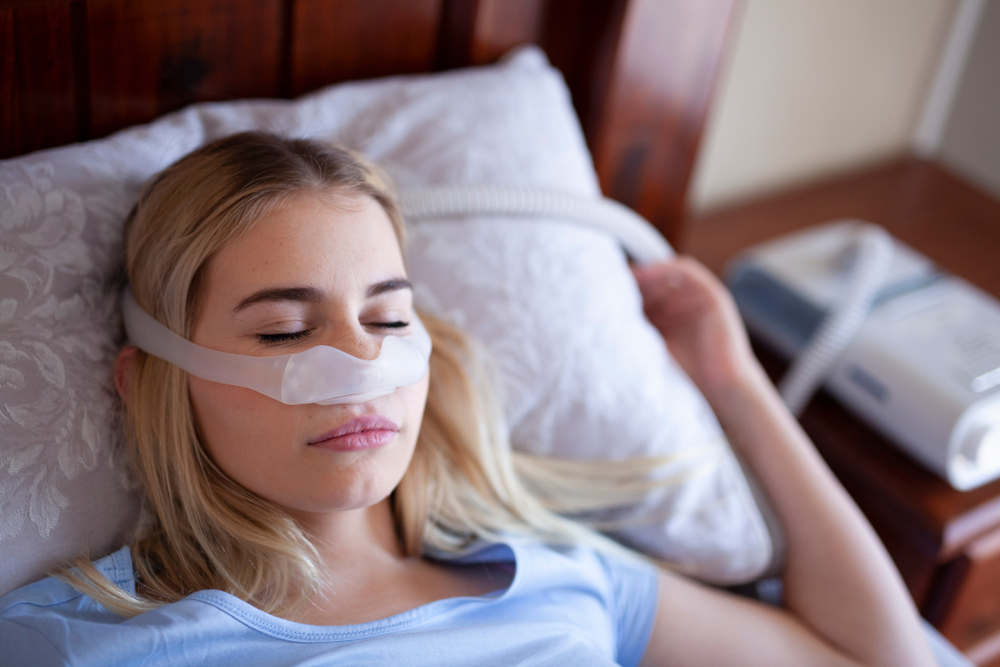
Sleep apnea is a common but often undiagnosed condition where your breathing stops and starts during sleep. This interruption causes your body to briefly wake up, preventing you from getting the restful, uninterrupted sleep you need. Despite getting 8 hours in bed, you might not be getting any quality sleep due to constant waking throughout the night. According to Frontiers in Public Health, exposure to air pollution may be a risk factor for obstructive sleep apnea (OSA) because it can alter body water distribution and exacerbate sleep disorder indices.
If you’re waking up with a dry mouth, snoring loudly, or feeling excessively tired during the day, it may be worth discussing sleep apnea with a healthcare professional. A sleep study or at-home sleep monitoring device can help identify whether sleep apnea is affecting your rest. Addressing this condition with treatments such as a CPAP machine could drastically improve the quality of your sleep and your energy levels during the day.
3. You’re Eating Too Close to Bedtime

What you eat and when you eat can have a significant impact on the quality of your sleep. Eating a heavy meal or snacking right before bed can lead to discomfort, indigestion, or acid reflux, all of which can interfere with your ability to fall into a deep sleep. Your body needs time to digest food properly, and eating late may disrupt your sleep cycle. According to the Sleep Foundation, consuming large meals close to bedtime can affect digestion and sleep quality, potentially causing you to wake up during the night.
If you’re waking up tired, try to avoid eating meals or large snacks at least 2-3 hours before bedtime. Opting for lighter, healthier options in the evening may help your body rest more comfortably. Keeping track of how your eating habits affect your sleep can give you valuable insight into why you’re feeling exhausted in the morning.
4. Your Sleep Environment Isn’t Ideal
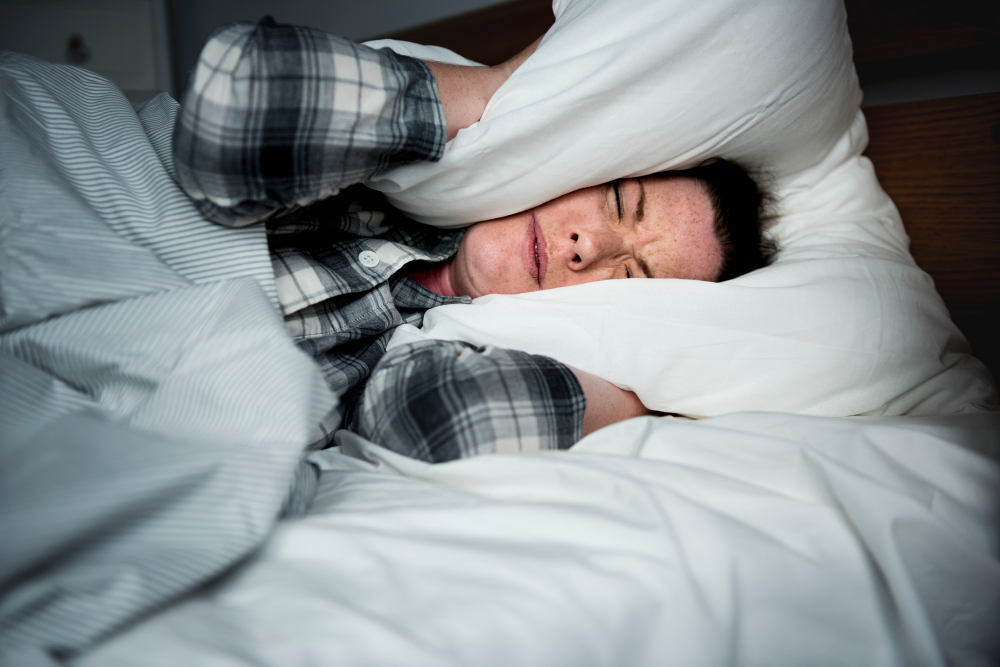
Even if you’re getting 8 hours of sleep, the environment you’re sleeping in plays a huge role in how rested you feel. A room that’s too hot, too cold, or too noisy can prevent you from reaching the deeper stages of sleep. If you find yourself tossing and turning throughout the night, it’s worth taking a closer look at your sleep environment. According to Louisville.edu, environmental factors such as air pollution, heat, and noise can significantly reduce sleep efficiency.
Consider adjusting your bedroom for optimal rest—this might include blackout curtains, white noise machines, or adjusting your thermostat to a cooler temperature. Small changes in your environment can make a big difference in the quality of your sleep, leading to a more refreshing and energized morning.
5. You’re Dehydrated

Dehydration doesn’t just affect your physical performance during the day—it can also impact your sleep. If you’re not drinking enough water throughout the day, you may wake up feeling groggy and fatigued, even after a full night’s sleep. Dehydration can interfere with the body’s ability to regulate its temperature and trigger feelings of exhaustion.
Try drinking water consistently throughout the day and limiting your intake of caffeinated beverages, which can dehydrate you. If you wake up feeling sluggish, a glass of water first thing in the morning can help rehydrate you and boost your energy levels. Staying hydrated can support overall health and enhance the restorative power of your sleep.
6. You’re Stressed or Anxious
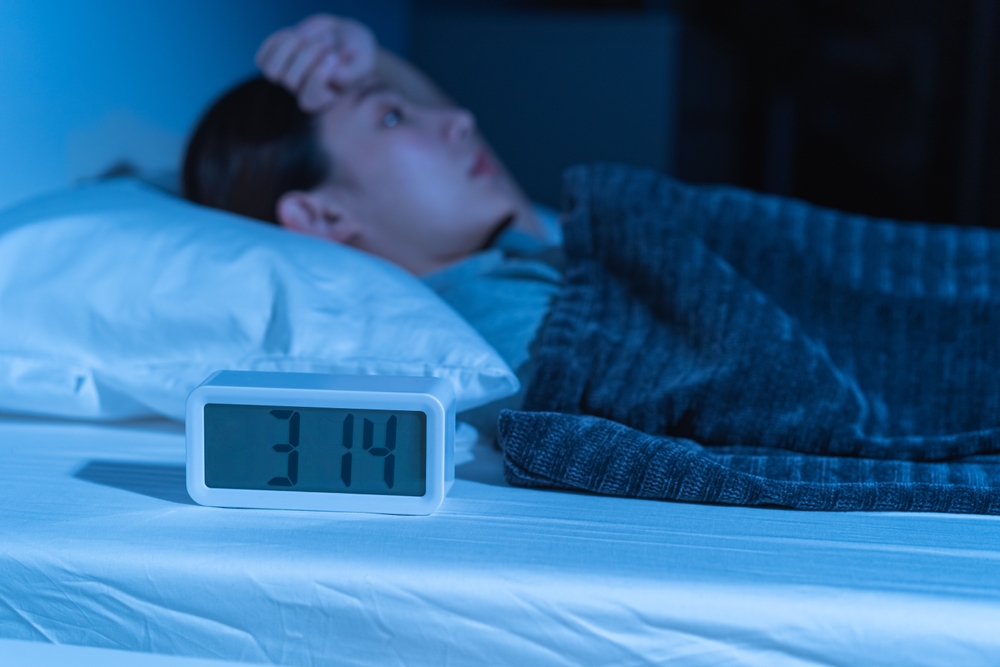
Stress and anxiety are two of the biggest culprits behind poor sleep quality. Even if you fall asleep quickly, your mind may remain active, preventing you from achieving a deep, restful sleep. Anxiety can cause restless nights filled with fragmented sleep or frequent waking, leaving you feeling unrefreshed in the morning.
Consider implementing stress-reduction techniques such as mindfulness meditation, yoga, or journaling before bed. These activities can help calm your mind and promote deeper, more restful sleep. Taking time to relax before bedtime and reducing stress throughout the day may significantly improve the quality of your sleep and help you feel more energized when you wake up.
7. Overuse of Caffeine

Caffeine is great for giving you a quick energy boost but consuming it too late in the day can interfere with your ability to fall asleep. Even if you drink coffee or tea early in the afternoon, its stimulating effects can linger in your system and prevent you from achieving a restful night’s sleep. As a result, you might wake up feeling tired and groggy, despite getting a full night’s rest.
Try cutting back on caffeine in the afternoon and evening, opting for herbal teas or water instead. Monitor how different levels of caffeine intake impact your sleep, and experiment with reducing or eliminating it to see if it improves your morning energy levels. You might be surprised at how much better you feel after a night of caffeine-free rest.
8. You’re Using Electronics Right Before Bed
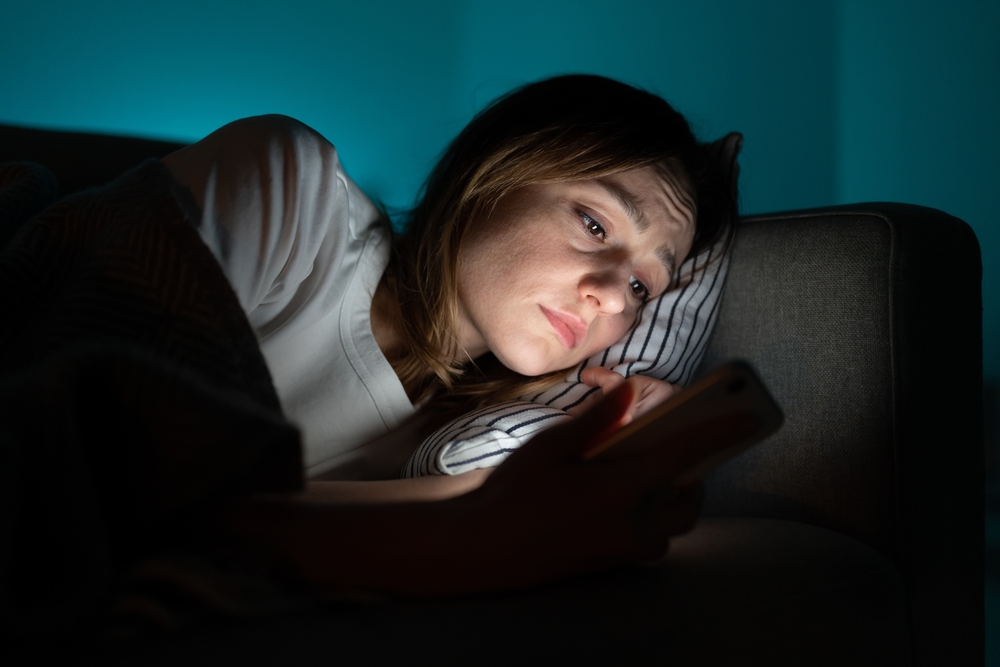
Using electronics such as phones, tablets, and computers right before bed can negatively impact your sleep quality. The blue light emitted by these devices suppresses melatonin production, the hormone responsible for regulating sleep. This can delay the onset of sleep and disrupt your body’s natural circadian rhythm, making it harder to fall asleep and stay asleep.
If you’re consistently waking up feeling tired, try reducing screen time an hour before bed. Instead, opt for relaxing activities such as reading a book or listening to soothing music. Giving your brain a chance to wind down naturally can improve both the quality of your sleep and how refreshed you feel when you wake up.
9. You’re Overexerting Yourself During the Day

While regular exercise is essential for overall health, overexerting yourself with intense workouts or physical activities can lead to exhaustion, making it harder to rest at night. Overtraining can elevate cortisol levels, the stress hormone, which can interfere with sleep and leave you feeling more tired the next day. It’s essential to find a balance between staying active and allowing your body adequate time to recover.
Try incorporating rest days or low-intensity activities into your routine if you’re feeling consistently drained despite a full night’s sleep. Your body needs time to repair and recover from physical exertion, and ensuring a balanced workout schedule can prevent sleep disturbances caused by overtraining. This balance can help you wake up feeling rejuvenated rather than exhausted.
10. You’re Not Going to Bed at the Same Time Every Night
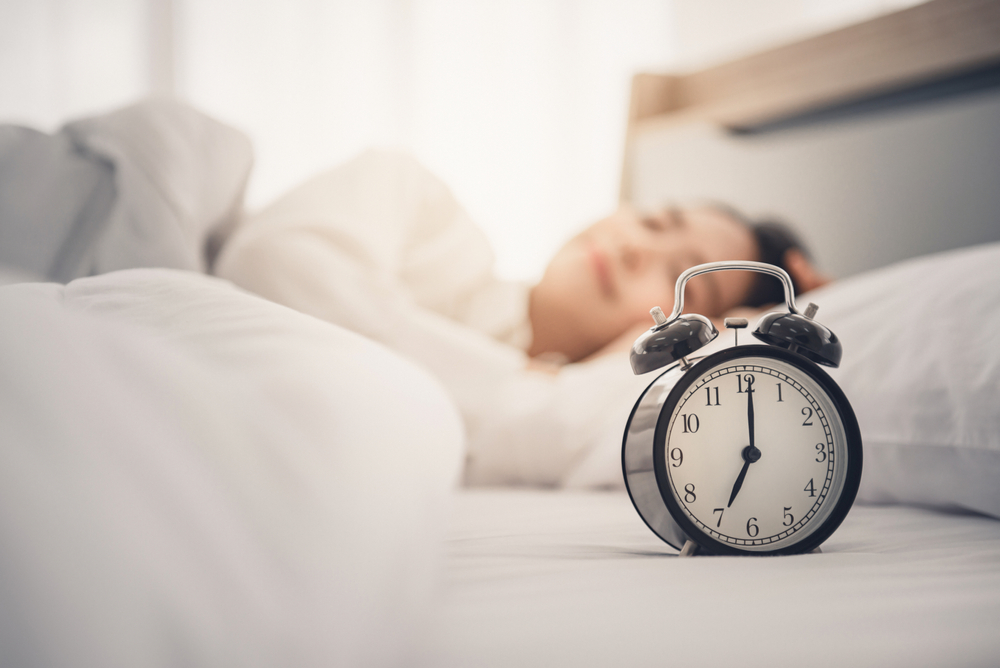
Consistency is key when it comes to sleep. If you go to bed at different times each night, your body’s internal clock (circadian rhythm) can get disrupted. This inconsistency can make it harder to fall asleep quickly and enter the deeper stages of sleep, leading to fatigue the next morning.
Establishing a consistent sleep schedule by going to bed and waking up at the same time each day—even on weekends—can help regulate your circadian rhythm. Over time, this consistency will help you fall asleep faster and feel more refreshed in the morning. Small changes to your bedtime routine could have a significant impact on how well you rest and how energized you feel when you wake up.
11. You Have a Medical Condition
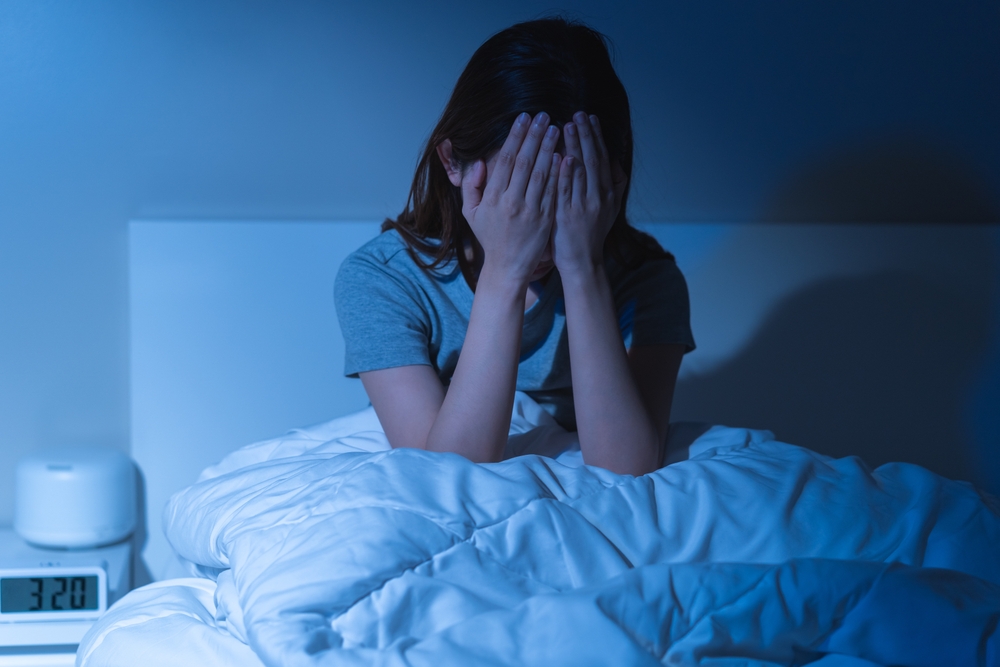
Certain medical conditions can leave you feeling tired even if you get 8 hours of sleep. Conditions such as hypothyroidism, fibromyalgia, or chronic fatigue syndrome can cause persistent exhaustion. Even though you may sleep for a full night, the underlying condition prevents you from getting restorative rest, leaving you feeling drained the next day.
If you’re experiencing chronic fatigue despite getting enough sleep, it may be time to consult with a healthcare provider. A thorough check-up and diagnostic tests can help identify any medical issues that may be contributing to your exhaustion. Treating the underlying condition can go a long way in improving your energy levels and overall quality of life.
12. You’re Dealing with Hormonal Imbalances

Hormonal imbalances can cause a variety of symptoms, including fatigue and disturbed sleep. Conditions like menopause, pregnancy, or thyroid disorders can disrupt your sleep patterns and lead to feelings of exhaustion. Even if you get a full 8 hours, your body may not be able to achieve the deep, rejuvenating rest needed due to fluctuating hormone levels.
If you suspect hormonal imbalances are affecting your sleep, consider getting tested to identify potential issues. Managing hormonal health through medical intervention, lifestyle changes, or supplements can improve both your sleep quality and energy levels. Balancing your hormones may be the key to waking up feeling rested and energized.
13. You’re Simply Stressed About Sleep
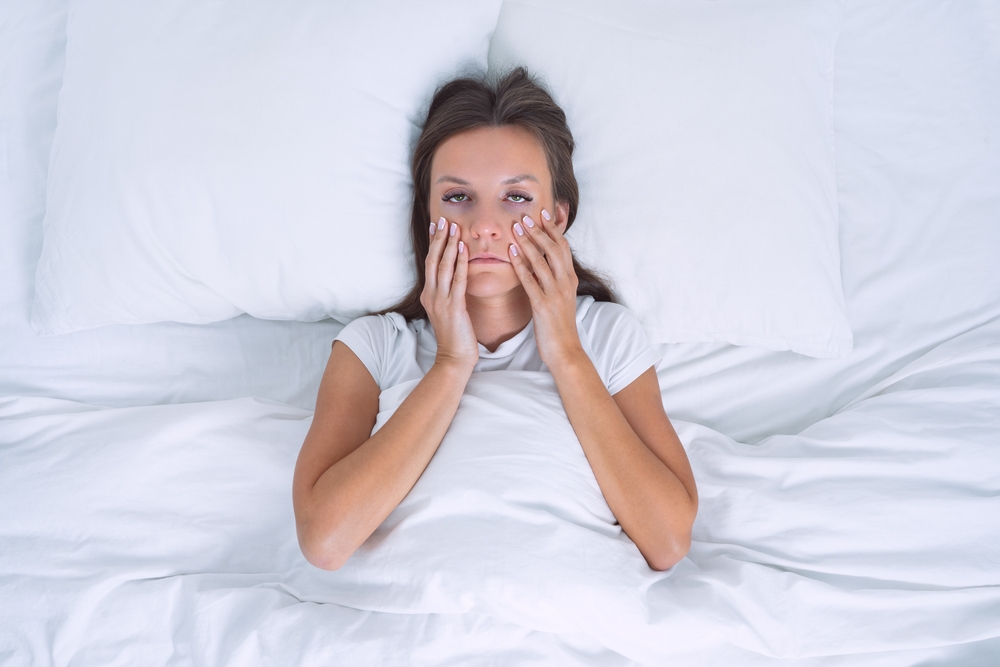
Sometimes, the pressure to get a good night’s sleep can work against you. If you’re constantly worrying about how much sleep you’re getting, it can make it harder for you to fall asleep and stay asleep. This sleep anxiety can create a cycle of stress and poor sleep that leaves you feeling tired, no matter how many hours you spend in bed.
If you find yourself stressing about sleep, try focusing on relaxation techniques like deep breathing or progressive muscle relaxation. Creating a calming bedtime routine without the pressure to “perform” can help alleviate sleep anxiety. Letting go of expectations around sleep may allow your body to naturally rest and wake up feeling refreshed.

Abisola is a communication specialist with a background in language studies and project management. She believes in the power of words to effectively connect with her audience and address their needs. With her strong foundation in both language and project management, she crafts messages that are not only clear and engaging but also aligned with strategic goals. Whether through content creation, storytelling, or communication planning, Abisola uses her expertise to ensure that her messages resonate and deliver lasting value to her audience.


